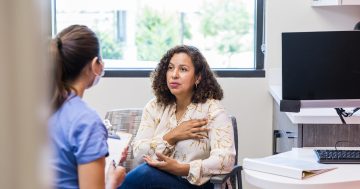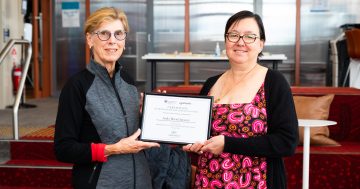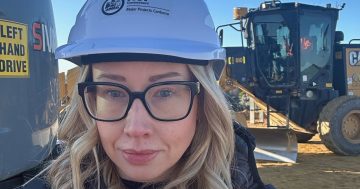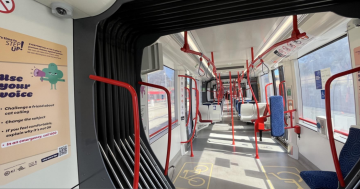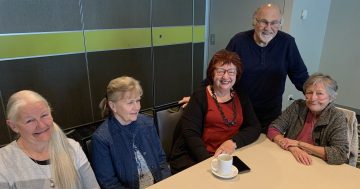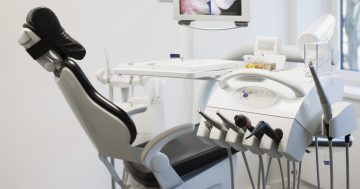
Chronic disease accounts for 90% of all deaths in Australia. It affects men and women of all ages, including children and young people. This can include back pain, diabetes, autoimmune diseases, kidney disease, arthritis, endometriosis, cancer, and many other diseases. Not all diseases are curable, and even if they are it may take many years. In the meantime, people are living with pain or reduced physical function, and having to find time for treatment while still keeping their job, family, or studies on track.
Research previously conducted by the Women’s Centre for Health Matters shows that women in Canberra who have chronic diseases are finding it difficult to find the right services and support. Some of the services available are targeted at women in older age groups, which means their advice or the way in which it is delivered may not be appropriate to younger women who are still in the workforce or have a family to look after.
Medical expenses mean less money for living costs
When we ran focus groups to talk about autoimmune diseases in 2016, women talked about difficulties such as trying to find the right health practitioner or specialist for your condition, paying for expensive services, and fitting it all in to their work or study schedule.
“My friends can’t understand why I can’t afford to buy a house. I spend all of my pay on medications and treatment or doctor’s visits,” one woman told us.
For women early in their careers with a chronic condition, the costs of medical care are juggled with trying to save for a home deposit, or pay off their HECS debt. Many of these women also have a lower or less secure income due to working in casual, part time, or entry-level positions.
Another woman was struggling with both the cost, and the time away from work to attend medical appointments.
“I’m single. I don’t have family around. I have support myself. If I cannot keep my job, I cannot support myself and I’ll have to probably move back to my parent’s.”
Reducing to part time employment, or being unable to attend work due to medical issues, makes it harder for these women to move ahead with their career aspirations, and reduces their earning ability to pay for both their increased medical bills as well as other living costs.
“It’s kind of hard to consider retirement in your thirties,” one woman told us.
Women want to take back control of their lives
This may contribute to the reasons why empowering health services are so important. Women tell us they want services that understand that younger people still aspire to a life that is not defined by their medical condition, and to achieve things that other people their age are doing such as relationships or having children or completing their university degree.
“Medication is really important … but it’s also important to empower people so they don’t feel like they are their condition,” a woman told us.
Some of the services women are accessing in Canberra are not age-appropriate. One young woman talked about a service she accessed where “it was talking about if you’re going to look after your grandchild, or you’re going to go to knitting club, or to go lawn bowls [and] only throw three balls. And it was like, well I’m trying to finish year 12 and that requires a certain level of commitment.”
The Women’s Centre for Health Matters are now working to better understand what women aged 18 to 50 with chronic diseases are looking for from ACT health and support services. There is a survey running until 26 May 2017 where women who live or work in the ACT and surrounding areas can contribute their views. The Women’s Centre will also hold a focus group on 1 June for women to talk about their experiences and what they are looking for in more detail – please contact us if you would like to find out more.












